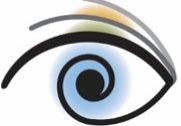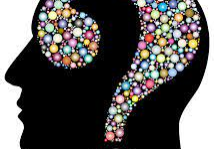What is myopia?
Myopia (nearsightedness) is a refractive condition that causes distance vision to be blurry and can be corrected with glasses or contacts. Children with early onset myopia are at a higher risk for ocular health complications associated with myopia progression such as myopic maculopathy, retinal detachment, glaucoma, and early onset cataracts. Myopia is the most common cause of irreversible visual impairment in the working population with an estimated 50% of the population to have myopia worldwide by 2050.
Who is at risk?
Identified risk factors for moderate to high myopia are parents with myopia (one or both), low levels of outdoor activity, extended amounts of near work, and younger age of onset. When intervention is started early, the resulting magnitude of myopia is significantly decreased.
What does myopia management look like?
Myopia management is the utilization of treatment tools that have been scientifically proven to reduce the rate of myopia progression, sometimes halting it completely. At Denver Vision Therapy, we offer the most current research-backed myopia management strategies, including dual focus soft contact lenses (MiSight), corneal reshaping lenses (orthokeratology), and low dose atropine eye drops. We see a high rate of compliance and effectiveness using these treatments, and we work closely with families to find a solution that fits their child’s needs. The best time to start treatment is when the patient is first detected as being myopic – however treatment is effective from childhood through adolescence.


